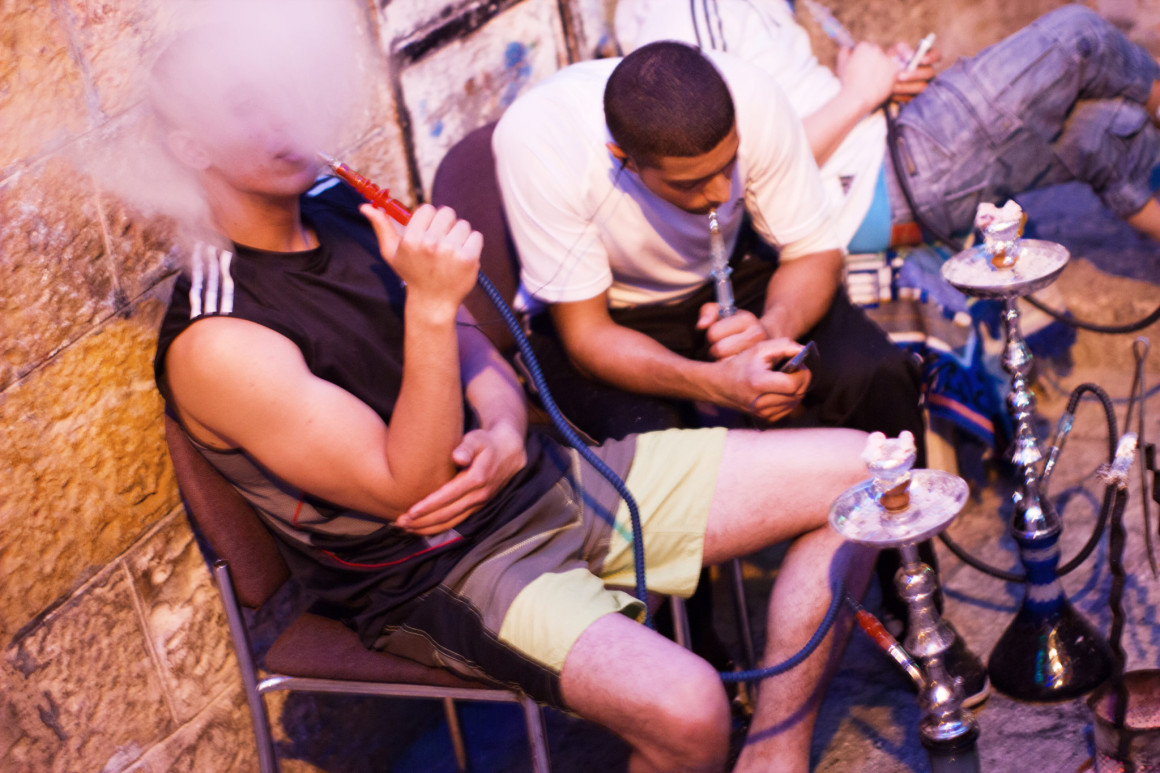
Hookah habit worse than cigarettes
By Ashton Chugh, July 24, 2014 —
Hookah smoking is often thought of as a safe alternative to cigarettes. However, many young adults are unaware of the potentially negative health effects of a hookah smoking session.
“There is a widespread misconception that these so-called ‘herbal’ products are somehow a healthy alternative to tobacco,” Alberta Health Services researcher Barry Finegan said in a press release. “Many people assume because they are flavoured and filtered through water, and do not contain nicotine, that they must be harmless. But this is not the case.”
As smoking tobacco indoors is outlawed in Calgary, shisha bars sell a herbal based blend instead. The difference between the two is that the herbal-based shisha contains no nicotine — the psychoactive and addictive ingredient in tobacco — and is thought to be a safe alternative.
“It’s a misuse of the word herbal, which has a connotation of health,” said Finegan. “Unlike a bottle of pop, which contains a list of ingredients, you can buy a package of shisha material commercially and have no idea what’s actually in it. A consumer cannot assess carefully what’s in the package and whether there’s a potential health risk; there’s no consistency to it.”
According to the Centres for Disease Control and Prevention, the smoke from herbal-based shisha contains carbon monoxide and other toxic agents known to increase the risks for smoking-related cancers, heart disease and lung disease. Basically, the simple act of combustion — burning something — and inhaling its smoke is bad for you.
A study funded by the National Institutes of Health reports a single hookah session delivers 6.5 times the carbon monoxide and 46.4 times the tar of a single cigarette.
According to the Toronto Public Health agency, 13 percent of Canadians aged 15–19 and 28 percent of adults aged 20–24 smoked shisha from a water pipe in 2013.
The use of hookah pipes originated in ancient Persia and India. People who smoke don’t get a high from smoking shisha. It’s a largely social activity, which leads to a longer duration of a hookah session than a cigarette.
“The World Health Organization has done research, and they have determined that a typical one-hour waterpipe smoking session will expose people to 100 to 200 times the level of smoke that they would receive from a cigarette,” Maggie Hynes, health promotions coordinator at the Canadian Cancer Society, told the CBC.
In December 2013, the Alberta Legislative Assembly passed Bill 33, which prohibits the use of hookah pipes in public establishments. Bill 33’s effects are slated to be implemented over the course of 18 months. However, the private use of a hookah is still allowed.
Alberta is the only province in Canada to implement a prohibitive ban on hookah pipes in public spaces.
